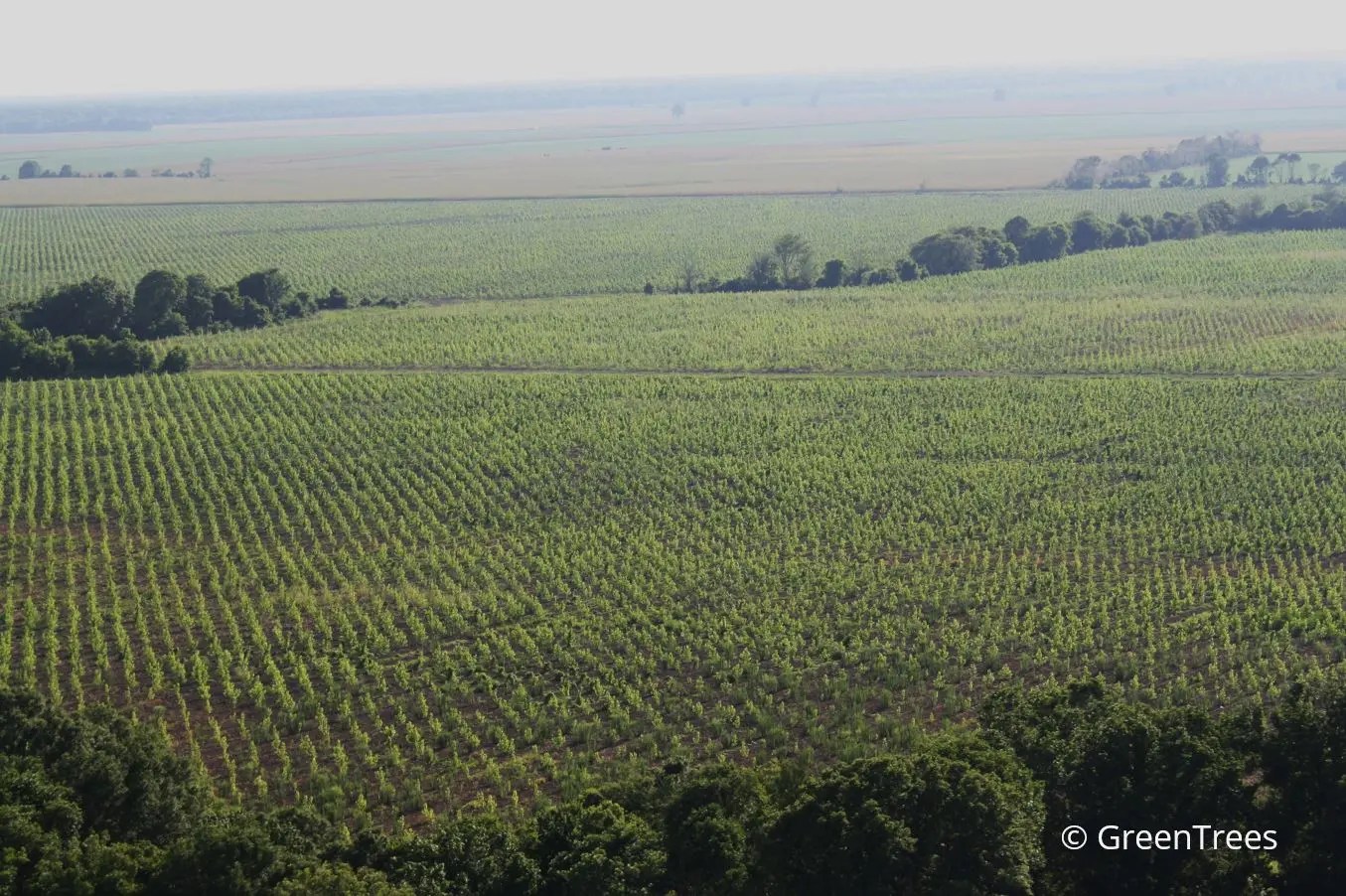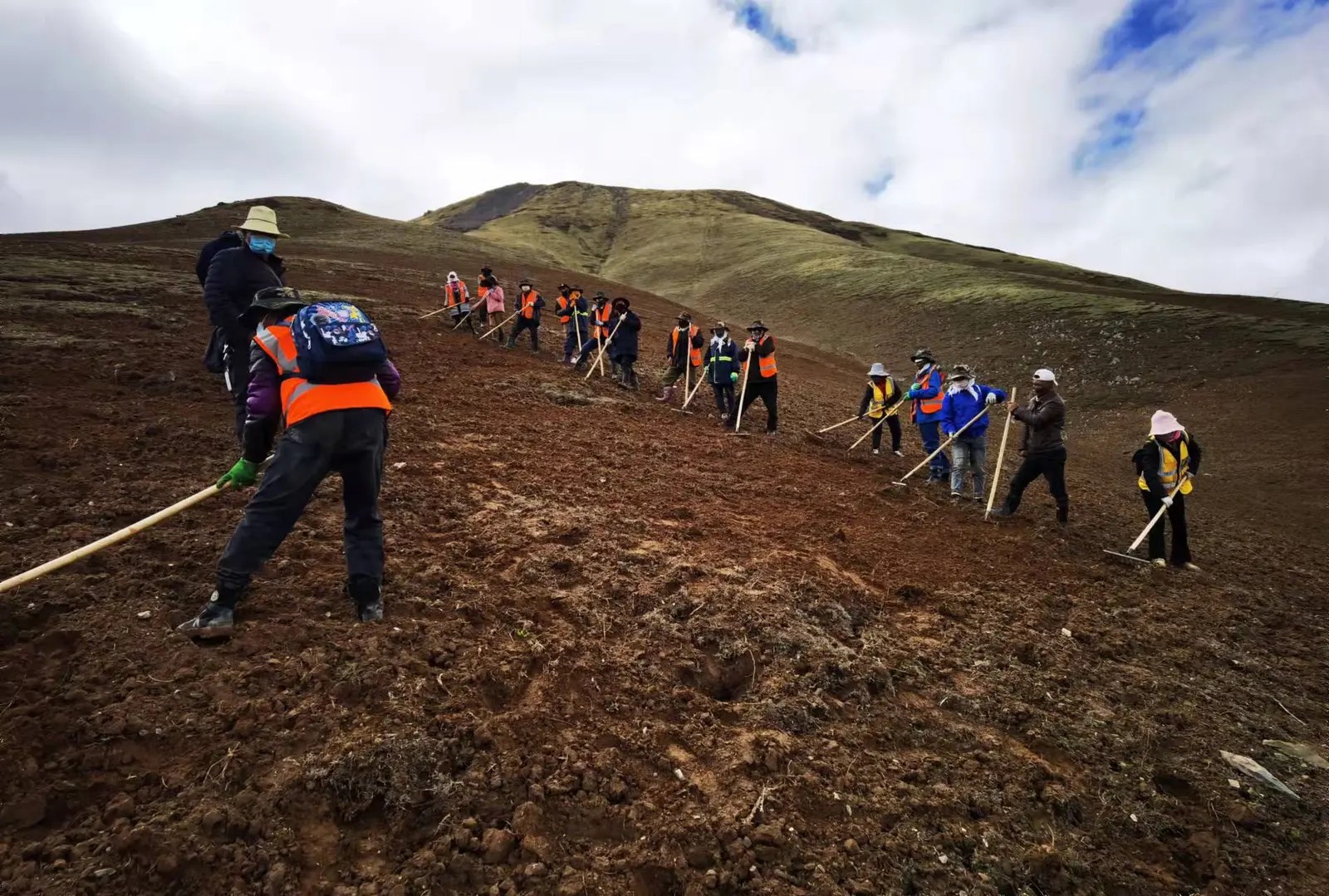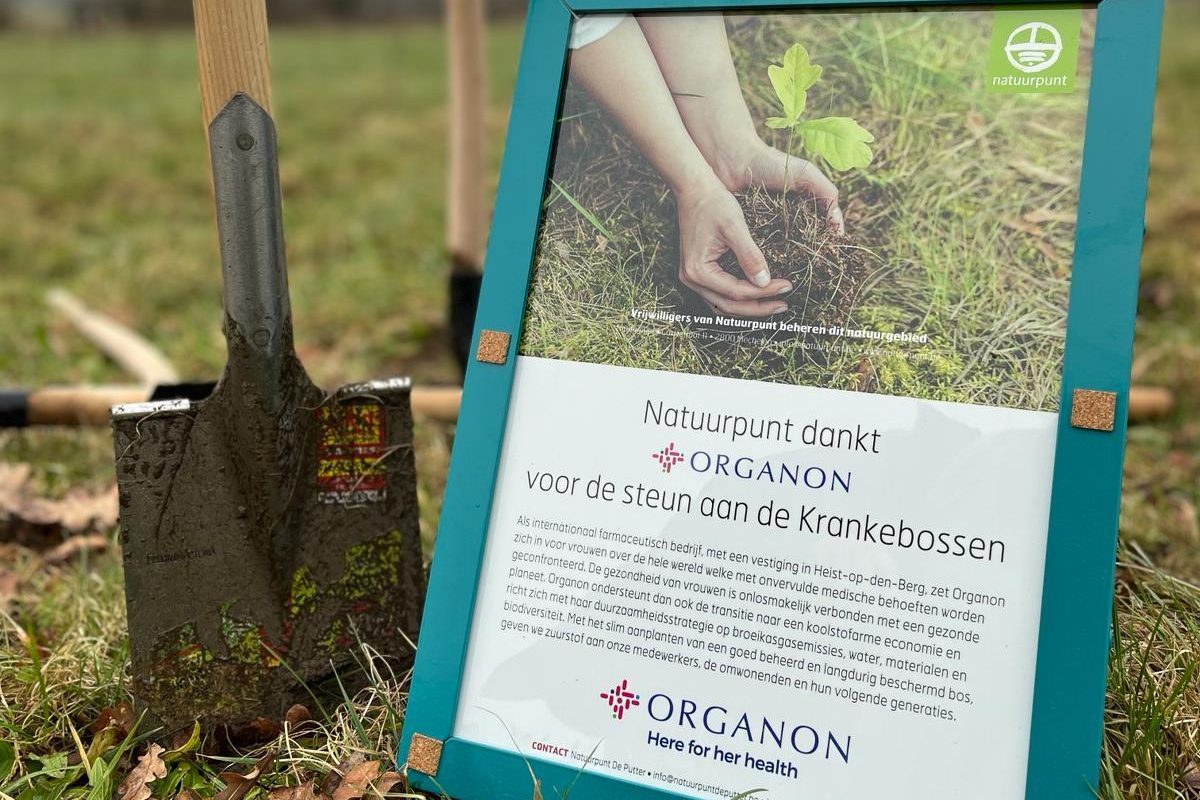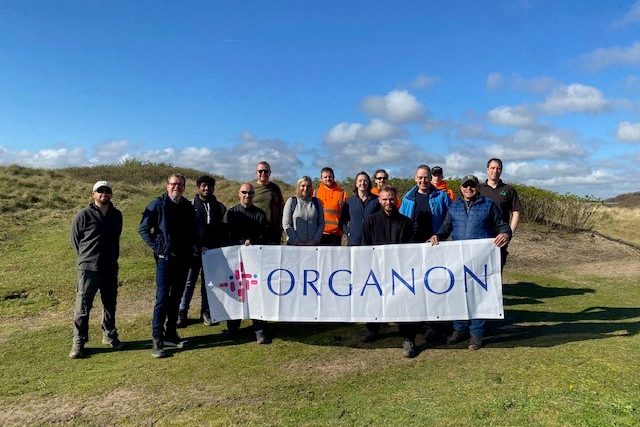Biodiversity
Climate change threatens the health of ecosystems on which we and all other species depend. Preserving and restoring these ecosystems will help ensure the continued availability of the many industrial resources, foods and medicines that originate in biological resources.
Supporting biodiversity
Organon collaborates with Climate Impact Partners implementing two significant nature-based projects:
Mississippi Valley Reforestation Project, USA

The Mississippi Valley Reforestation project in the United States focuses on reforesting one million acres of the Lower Mississippi Alluvial Valley. This area has lost significant forest cover due to deforestation and agricultural conversion. The project involves planting and protecting trees, contributing to carbon sequestration and biodiversity conservation. It also supports local economies by creating job opportunities in sustainable forestry.
Three Rivers Grassland Restoration Project, China

The Three Rivers Grassland Restoration project in China aims to restore over 160,000 hectares of degraded grasslands in the Three Rivers plateau region. This project helps sequester carbon by restoring native grass species and enhances biodiversity, benefiting endangered species like the steppe eagle and alpine musk deer. Additionally, it empowers local communities, particularly women, through training in sustainable grassland management and participation in community activities.
These projects are verified under respected standards, ensuring credibility and transparency in Organon’s commitment to environmental stewardship and carbon reduction efforts.
Heist, Belgium

In collaboration with Natuurpunt, our Heist manufacturing site completed a project to enhance nearby native forests through tree planting. Thanks to increased involvement from our employees and their families, the site not only surpassed its initial goal of planting 2,000 trees but also doubled it by planting a total of 4,000 trees, which is equivalent to two hectares.
Cramlington, UK

In 2024, our Cramlington manufacturing site continued its collaboration with Groundwork NE to support nature restoration, community well-being and climate action. As part of this partnership, Organon volunteers planted approximately 800 saplings at Pegswood Community Park. Through both hands-on volunteering and charitable donations, we’re helping to restore local green spaces and promote long-term environmental sustainability.
For more information on our strategy, goals and progress, please see our ESG highlights document in the ESG reporting center.
Pharmaceuticals in the environment
Organon is committed to the highest ethical standards – every day, in everything we do.
We approach managing pharmaceuticals’ impacts on the environment through collaboration, use of technical best practices and transparency. We are taking action to minimize the environmental impact of our products and support positive change for a healthy planet, which is essential to the health of women.

We actively assess potential environmental risk from product development through the manufacturing process and certain aspects of patient use. We collaborate both internally and externally to support continued research to manage pharmaceuticals in the environment by contributing toward and using industry best practices, tools and resources. In addition, we support increased transparency to share research and innovations to evaluate and mitigate the potential environmental impacts of our products through their full life cycle.
Learn more about our work regarding pharmaceuticals in the environment in our position statement in policies and positions.
Learn more about our work on climate change, water management and waste management.